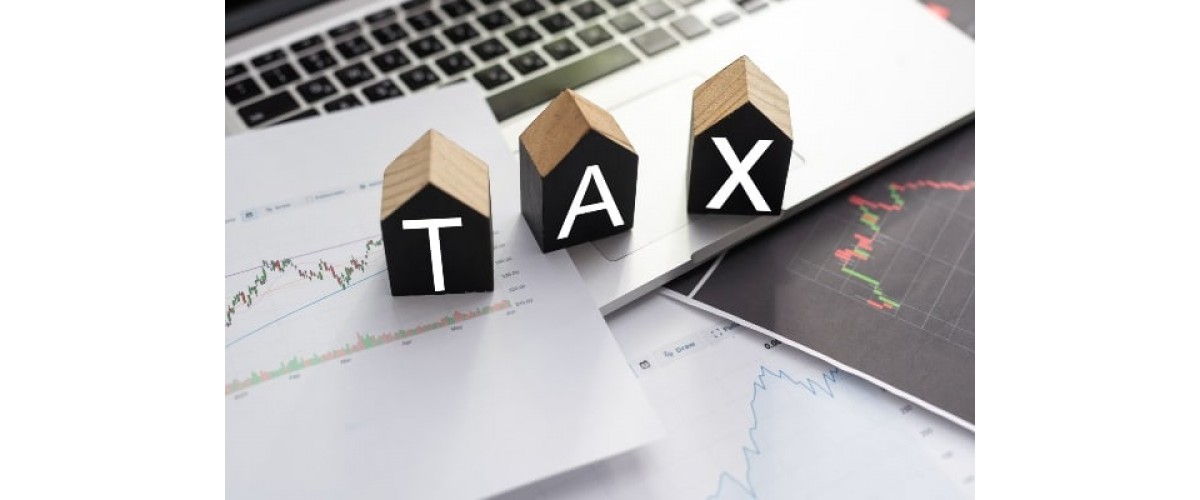Understanding 1031 Exchange in Florida Real Estate: A Strategic Tax Deferral Tool
For real estate professionals in Florida, mastering the concept of a 1031 Exchange is a game-changer. Whether you're advising investors or managing your own portfolio, knowing how to leverage this powerful IRS provision can help defer capital gains taxes, grow investment wealth, and offer strategic planning opportunities.
In this article, we’ll explore everything you need to know about the 1031 Exchange—what it is, how it works, and why it’s essential knowledge for every real estate agent operating in Florida.
What Is a 1031 Exchange?
A 1031 Exchange, named after Section 1031 of the U.S. Internal Revenue Code, allows real estate investors to sell an investment property and reinvest the proceeds into another “like-kind” property, deferring capital gains taxes in the process.
Common Question: "Can I avoid paying taxes when I sell my rental property?"
Yes—if you reinvest the proceeds using a properly structured 1031 Exchange, you can defer those taxes.
This strategy is especially valuable in Florida, where property values often appreciate quickly, and investors are continually repositioning their assets.
Key Benefits of a 1031 Exchange in Florida
Using a 1031 Exchange offers several strategic advantages:
- Tax Deferral: Defer capital gains taxes and depreciation recapture taxes.
- Portfolio Growth: Trade up to higher-value properties without immediate tax penalties.
- Increased Cash Flow: Reinvest in properties with better income potential.
- Asset Diversification: Move from one type of investment property to another, such as residential to commercial.
- Estate Planning Strategy: Assets can be passed to heirs with a stepped-up basis, eliminating deferred taxes altogether.
How Does a 1031 Exchange Work?
To successfully execute a 1031 Exchange, investors must follow strict guidelines and timelines. Here's a simplified breakdown:
Step 1: Sell the Investment Property
- The property must be held for business or investment purposes (personal residences don’t qualify).
- TA qualified intermediary (QI) must be used to handle the proceeds—investors cannot touch the funds directly.
Step 2: Identify Replacement Properties
- Within 45 days of closing, the investor must identify potential replacement properties in writing to the QI.
- The Three-Property Rule allows identification of up to three properties regardless of value.
Step 3: Close on the Replacement Property
- The investor must complete the acquisition of one or more of the identified properties within 180 days of selling the original property.
- The replacement property must be of equal or greater value to avoid paying taxes on the difference (known as “boot”).
Florida-Specific Considerations for 1031 Exchanges
Florida is a popular market for 1031 Exchanges due to its:
- Strong demand in residential and commercial real estate
- No state income tax, which makes deferring federal capital gains even more attractive
- High appreciation rates, especially in markets like Miami, Orlando, and Tampa
Frequently Asked: "Can I do a 1031 Exchange between two properties in different states?"
Yes, 1031 Exchanges are federal, so properties don’t need to be in the same state. However, understanding local market dynamics is essential, especially when moving investments into or out of Florida.
What Qualifies as “Like-Kind” Property?
In the context of real estate, “like-kind” doesn’t mean identical. It simply refers to the use of the property for investment or business. Examples include:
- Exchanging a single-family rental for a multifamily building
- Swapping raw land for a commercial office space
- Trading a vacation rental for a warehouse
What’s not allowed?
- Primary residences
- Flips or short-term holds
- Stocks, bonds, or REITs
Common Mistakes to Avoid in 1031 Exchanges
To ensure your client’s or your own exchange goes smoothly, avoid these frequent errors:
- Missing deadlines: The 45-day and 180-day rules are strict and non-negotiable.
- Receiving cash proceeds: Doing so immediately triggers capital gains taxes.
- Buying less expensive property: Any leftover funds ("boot") become taxable.
- Poor planning: Start working with a tax advisor and QI early in the process.
Real Estate Agents: Why You Should Understand 1031 Exchanges
For agents who hold or are pursuing a Florida real estate license, understanding 1031 Exchanges is a must-have skill. It:
- Positions you as a trusted advisor rather than just a sales agent
- Opens doors to repeat business with serious investors
- Equips you to explain complex financial strategies in simple terms
- Helps you market properties specifically to 1031 Exchange buyers
FAQs
What is a 1031 Exchange and how does it work in Florida?
A 1031 Exchange allows an investor to sell an investment property and reinvest the proceeds into another like-kind property without paying capital gains taxes at the time of sale. In Florida, this is commonly used due to favorable market conditions and no state income tax.
Can I live in a property I purchase through a 1031 Exchange?
No, not immediately. The IRS requires that the property be used for investment or business purposes. However, after a qualifying rental period (typically two years), you may convert it into a primary residence under specific IRS safe harbor rules.
What happens if I sell my replacement property later?
If you sell the replacement property and do not do another 1031 Exchange, you will owe capital gains taxes on the deferred amount plus any additional gain. However, you can continue exchanging properties indefinitely, a strategy often called “swap ‘til you drop.”
Is there a minimum investment amount for a 1031 Exchange?
There’s no official minimum, but due to transaction costs, legal fees, and the involvement of a qualified intermediary, it’s typically recommended for transactions involving $150,000 or more.
Can I exchange into multiple properties or consolidate into one?
Yes. You can use a 1031 Exchange to buy multiple replacement properties or consolidate several into one—as long as the total value and equity meet or exceed those of the property sold and all timelines are met.
Final Thoughts
The 1031 Exchange is one of the most powerful tools available to real estate investors—and understanding how to apply it in Florida can make a major difference in your clients’ financial outcomes. As a real estate professional, being knowledgeable in this area elevates your expertise, expands your service offerings, and deepens your value in the market.
If you're pursuing your Florida real estate license or looking to strengthen your investment knowledge, Florida Real Estate School (DBPR Approved Provider) offers comprehensive, state-approved courses designed to prepare you for success. Contact us today to begin your journey toward becoming a confident, well-rounded real estate professional.



